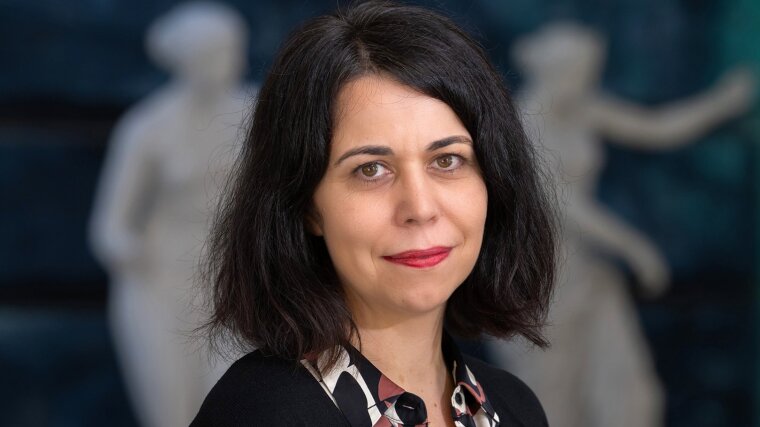
- Liberty
Published: | By: Stephan Laudien
Source article
Jena expertise in demand internationally: the contemporary historian Prof Dr Stefanie Middendorf from the Friedrich Schiller University Jena is taking up a fellowship at the renowned Oxford Martin School at the University of Oxford (England) in the winter semester 2024/25. Prof Middendorf will be honoured for her research into the history of crises and states of emergency in dictatorial and democratic societies. The fellowship is part of the Oxford Martin School's "Changing Global Orders" research programme. Stefanie Middendorf will also be honoured with the Gerda Henkel Visiting Professorship at the London School of Economics and Political Science and the Institute of History in London for the academic year 2025/26. "Both honours mean a lot to me, as they show that answers from contemporary history to the question of how and why societies see themselves in a critical state are respected and needed," says Prof. Middendorf.
Researching unequal perceptions of crisis historically
The fellowship at the Oxford Martin School (to the Oxford communicationExternal link) comprises two stays totalling around six weeks. Together with colleagues, Stefanie Middendorf will prepare a publication, offer a master class for students and give a keynote speech on the topic of "Notions of emergency. Experiences from the age of global wars".
Prof Middendorf would like to use the Gerda Henkel Visiting Professorship in the summer semester 2026 for a book project on the global history of perceptions of the global economic crisis. She will also teach a course|class at the London School of Economics and Political Science and may invite international colleagues to a conference at the Institute of History in London. With regard to the Great Depression, Stefanie Middendorf says she is particularly interested in the unequal, ambiguous and fragmented experiences that people around the world had in this situation. It is also necessary to better understand how these perceptions of the crisis were visualised, narrated, negotiated and made politically and socially effective. In view of the current situation, in which economic and ecological challenges are destabilising democracy and the search for dictatorial solutions is on the rise again, there is great interest in historical knowledge on these issues, says Prof. Middendorf.
For Stefanie Middendorf, the research stays in the UK are welcome time freedoms that she would like to use for her own research and more intensive reflection; freedoms that are often lacking in everyday university life. "I'm really looking forward to talking to colleagues and students from all over the world," says Stefanie Middendorf. It is to be expected that the dialogue partners will contribute very different ideas and concepts of crisis and it is precisely this multi-perspectivity that she would like to explore and better understand historically. In order to understand past times of fundamental change and thus also the possible rise of authoritarian regimes, interdisciplinarity is necessary. Here, the contemporary historian in Jena can already rely on the productive collaboration with the Max Planck Institute for Geoanthropology, which deals with the environmental conditions of social crises in very long historical periods. Her stays abroad also promise to be a little family adventure, as her twin daughters will be travelling with her.